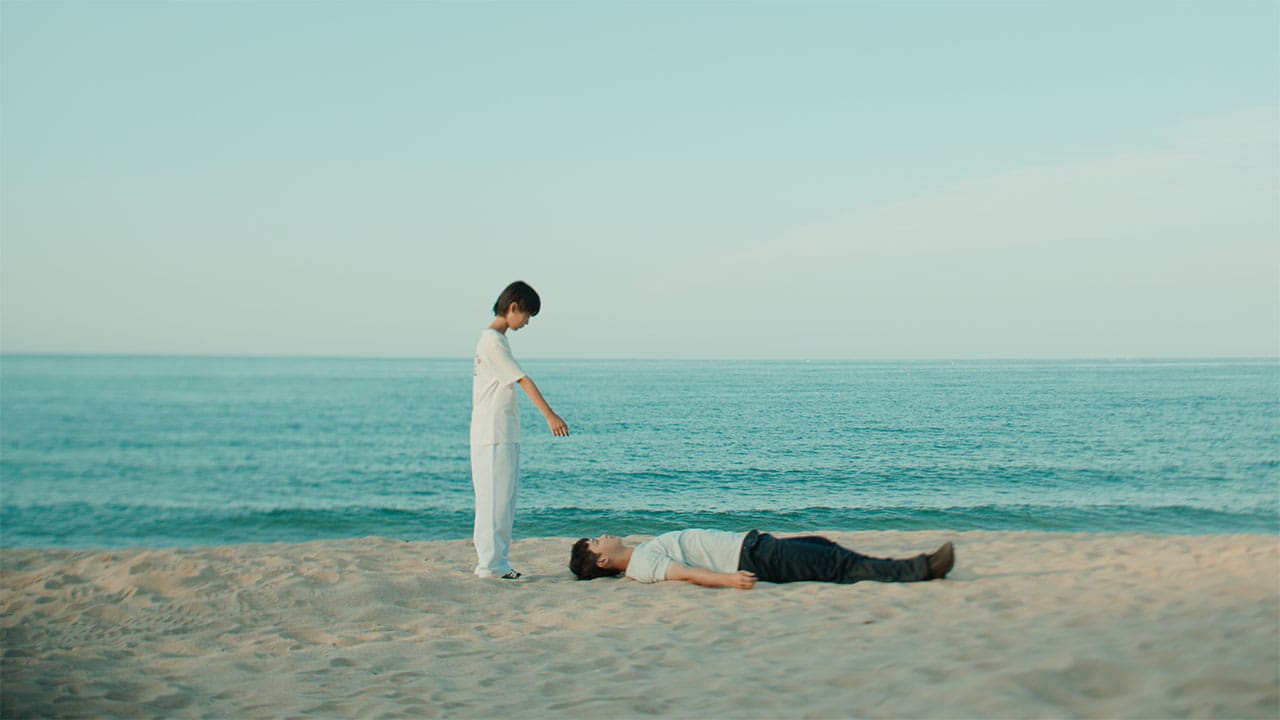Do we need to convince you about the spectacle of half naked, handsome, buff men wrestling? Like Flowers in Sand has plenty of that, with Jang Dong-yoon at the helm, but it’s more than just eye candy. It’s a warm, down-to-earth sports drama celebrating Korea’s traditional wrestling, set in the county that is known for ssireum. It has an intricate web of relationships that realistically depict the small town friend groups of childhood. And the cast is excellent, making each ordinary slice-of-life moment still feel compelling. Like Flowers in Sand may not have the crazy fantastical premises other K-dramas are known for, but it still feels unique with its straightforward passion of ssireum.
Synopsis
Struggling to find success, a former wrestling prodigy finds himself ready to quit until he reencounters an old friend who reignites his passion.
Storyline
After years of vying for a championship title, former prodigy Kim Baek-du is considering leaving the sport of ssireum, or traditional Korean wrestling. However, things change when Oh Yoo-kyung becomes the manager of the Geosan County Office Ssireum Team, who looks eerily similar to Baek-du’s childhood friend Oh Du-sik, who the town still whispers about.
TLDR
To whoever Jang Dong-yoon’s agent is: Thank you.
What stands out
While sports can be a lucrative profession for certain individuals, Like Flowers in Sand portrays how futile the dream could be for some players, let alone whole teams, especially for regional sports that aren’t known throughout the globe. After years in the sport, especially after gaining a reputation for being a prodigy, without the top title, it’s easy to empathize with the main character. While the other elements feels randomly thrown in, there’s an interesting parallel between Kim Baek-du and the sport of ssireum, with the hope that with one more win, Baek-du can still fulfill his prodigy potential before his retirement, and that ssireum can regain the popularity it once garnered. The show might be mainly created to promote the sport, but its approach makes Like Flowers in Sand easily stir up sympathy, or at least curiosity, for Korea’s traditional style of wrestling.




